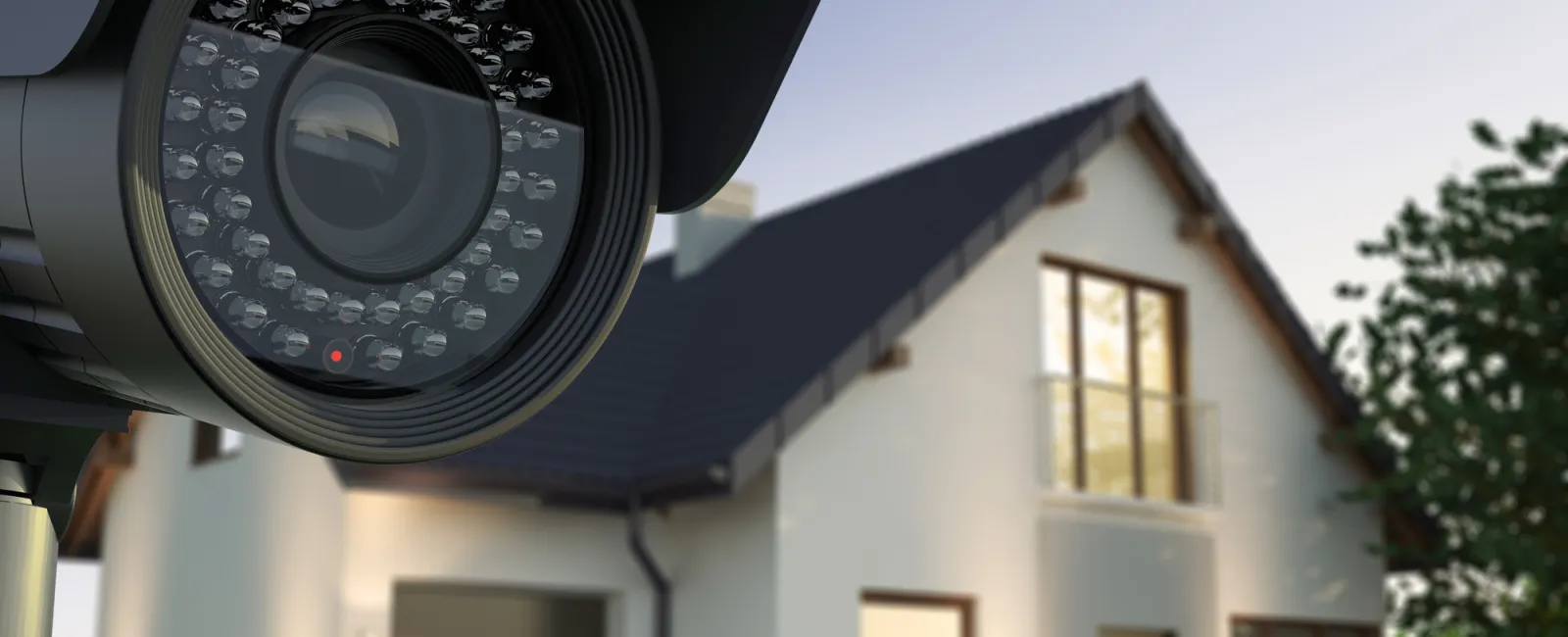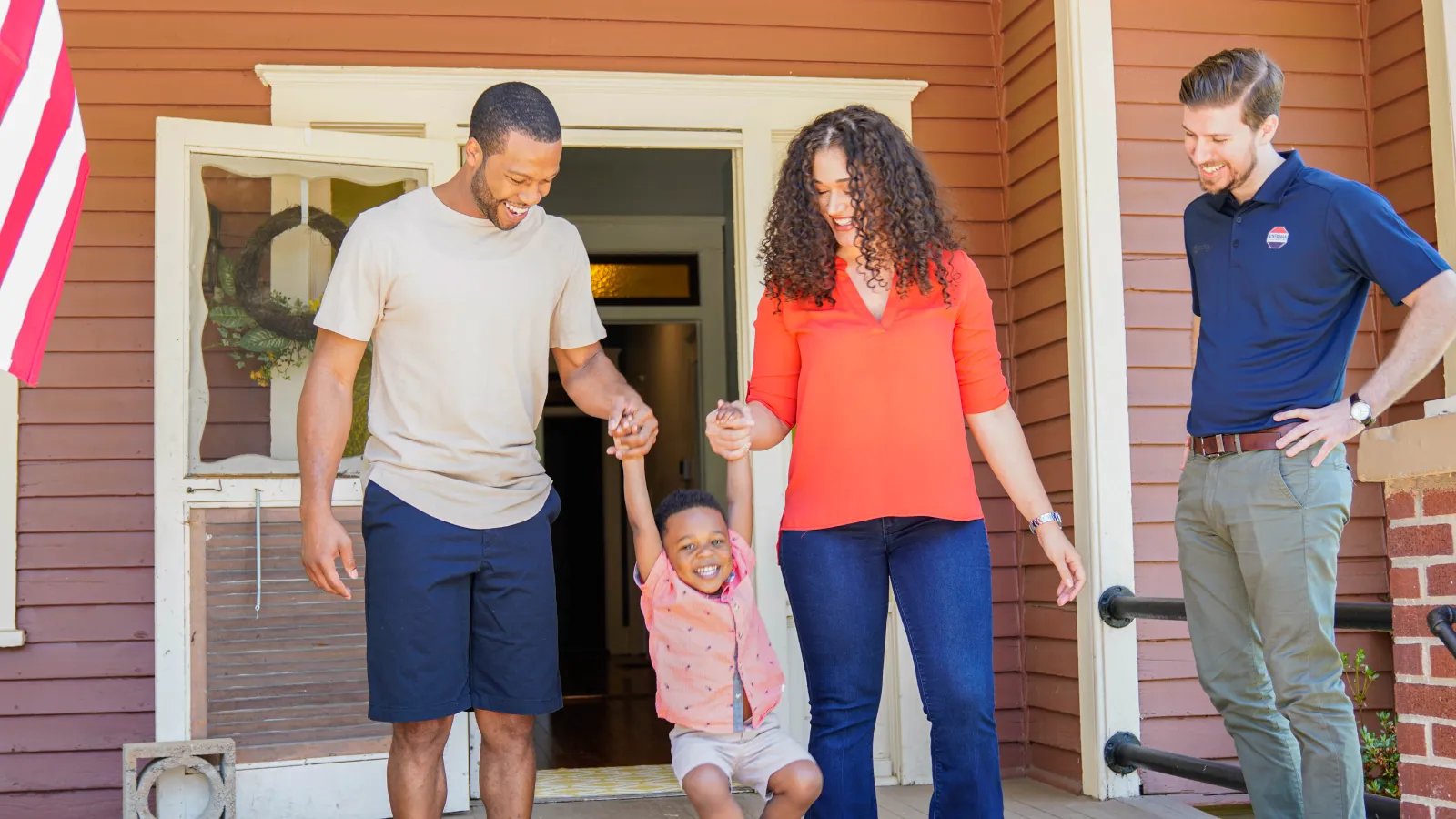It may surprise Atlanta homeowners to learn that the security cameras which protect them from criminals could also make them a criminal if their camera setup infringes on another's privacy.
That's according to Title 16, Chapter 11, Article 3 of Georgia's state law code, which addresses residential surveillance camera laws and other criminal conduct related to breaches of privacy.
Generally speaking, security cameras on your property may infringe on someone else's privacy if the video footage has access to...
- ...a neighbor's front or back yard.
- ...windows or doors of a neighbor's home.
- ...communal areas of a residential complex.
- ...rooms within your own home that are considered private (such as a bathroom).
Security camera laws in the state of Georgia can be tricky. If you have any concerns after reading this blog, don't hesitate to visit our video surveillance page to learn more. Alternatively, you can call 800.552.1111 to speak with an Ackerman Security Pro directly.
Schedule an appointment today.
How To Tell If Your Outdoor Security Cameras Are Placed Legally
Are you worried an outdoor camera could be infringing on someone else's privacy? When it doubt, always take it down. That's step #1 to make sure you don't run into trouble from the law.
A rule of thumb is to imagine if the camera were a person. If a neighbor saw this "person" watching that specific area all the time, would it make him or her uncomfortable? Even if you're not sure, protect yourself by taking the camera down.
With that said, let's look at some more concrete examples of an illegal surveillance camera setup.
Visibility of a neighboring private yard
A video camera pointed toward the front or back of your own home may capture parts or all of a neighbor's front and back yards as well. That may seem insignificant at the time, but it can land you in hot water if your neighbor sees the cameras and calls the authorities.
Homeowners with any kind of barrier around their homes (a wall, trees, bushes--anything that affords some privacy) may have a case against you if cameras from your home can view through or beyond those barriers.
You're safe if...
- Your neighbor's yard has no barriers to protect their privacy (or open barriers such as a chain link fence).
- A neighbor's yard is so obscured from view (by a wall, trees or something else) that your cameras cannot see beyond them.
Visibility of the inside of a private home
A residential security camera that can capture footage of the inside of a neighbor's home is illegal in the state of Georgia. A homeowner could be subject to prosecution for their camera placement even if the inside of their neighbor's home is obscured by curtains or blinds.
When we install security cameras in a residential home, we always check to make sure the following areas of a neighbor's home are out of the picture:
- Front and backyard windows
- Screen doors and sliding glass doors
- Garage door entrances
Your HOA also has laws in place governing security cameras
Residents of a Homeowner's Association (HOA) should be aware of their community's guidelines for security camera placement before installing surveillance devices in and around their home.
If a camera has a direct line of sight of a neighbor's home or a shared common space like a communal playground or golf course, it can put the owner of the camera at risk of litigation.
Before you install security cameras in an HOA community:
- Read the HOA's guidelines on surveillance cameras.
- Make sure there's no line-of-sight of a neighbor's property.
- Make sure there's no line-of-sight of communal property (like a clubhouse or swimming pool.)
How to Tell If Your Indoor Security Cameras Are Placed Legally
Most homeowners understand the value of having laws on outdoor cameras because they could in theory record footage from someone else's private property. But did you know that the placement of indoor surveillance cameras may also be illegal?
Here's what Georgia homeowners need to consider when setting up the inside of their home with security cameras.
Is the camera recording a private area of the home?
Citation §16-11-62 of Georgia's state law code makes it illegal to "observe, photograph, or record the activities of another which occur in any private place and out of the public view."
A "private place" could be any room of a home where a guest has a reasonable expectation for privacy. The most obvious location would be a bathroom. But placing a security camera in a guest room could also be considered a breach of privacy.
That's not to say nanny cams or other hidden cameras are completely illegal within a home. But there are some limitations on how they can be used and how the footage can be used in a court of law.
Whether or not someone is currently living in the home
State laws restrict where a homeowner can set up indoor cameras to protect the privacy rights of family and guests. But what happens if the homeowner is leaving and no guests or family are expected inside the home until they get back?
In this case, it's perfectly legal to set up security cameras throughout the home. A criminal who decides to enter your home when you're away waives their right to privacy when they break in. Therefore, they could be recorded in a private area and the homeowner would be innocent in the eyes of the law.
Want a Second Opinion on Your Security Cameras? Talk to a Security Pro at Ackerman!
At Ackerman Security, we want to make sure homeowners are safe from criminals, and also don't become criminals themselves with an unfortunate camera placement!
Always review your security cameras to make sure they do not infringe on someone else's privacy. If there is even the possibility that a camera has a view of someone else's property, or even communal property in the case of HOAs, you should relocate the camera somewhere else.
And when in doubt, your friends at Ackerman are happy to send someone out to assess your property and make your security system lawsuit-proof and criminal-proof.
Schedule a Consultation Today






